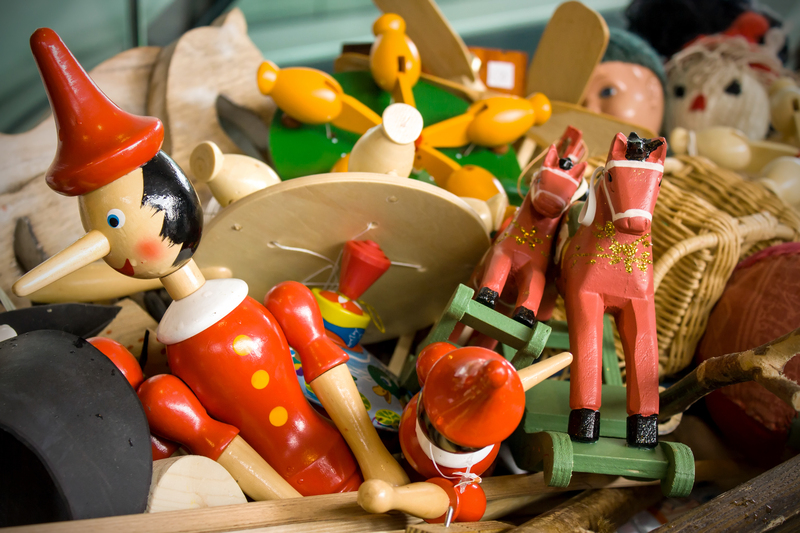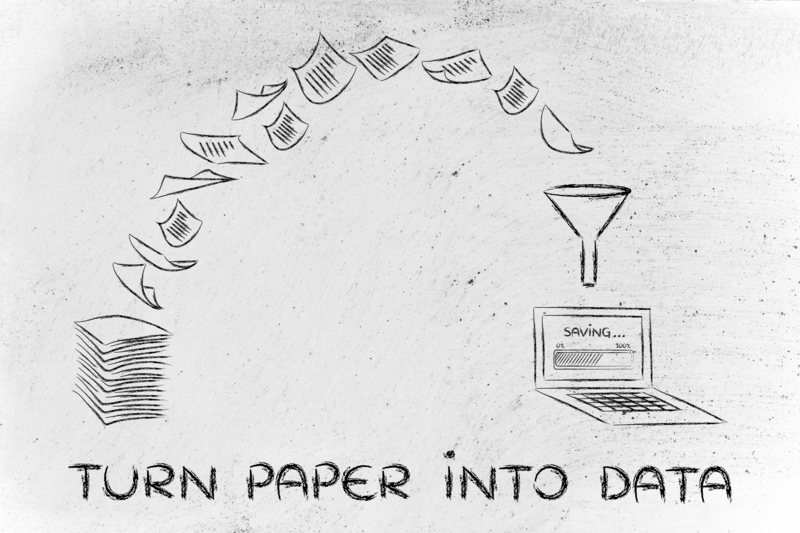Step Up Your Recycling Skills
Posted on 07/01/2025
Recycling is more than just an eco-friendly buzzword; it's an essential habit for preserving our planet. However, not everyone is taking full advantage of the recycling opportunities available. By stepping up your recycling skills, you can make a noticeable impact on reducing waste and conserving resources. This article will guide you through the process of enhancing your recycling habits with practical advice, tips, and an examination of the pros and cons.
Why Recycling Matters
Recycling is crucial because it helps reduce the amount of waste sent to landfills and incinerators. It conserves natural resources such as timber, water, and minerals. Additionally, recycling saves energy and promotes the sustainable use of resources. By properly recycling, we can help combat climate change and maintain a cleaner environment.

Understanding What Can Be Recycled
One of the first steps to improving your recycling skills is to know what materials can be recycled. Here's a basic list:
- Paper and cardboard
- Plastic bottles and containers
- Glass bottles and jars
- Metal cans and foils
- Batteries and electronics
Check with your local recycling program to understand specific guidelines, as they can vary by location.
Cleaning and Preparing Recyclables
Before tossing items into the recycling bin, it's important to clean them. Contaminants like food residue can ruin an entire batch of recyclables. Rinse out containers and ensure they are free of food and liquids. Flatten cardboard boxes to save space in your recycling bin.
Sorting and Storing Recyclables
Different materials need to be separated into specific categories. Setting up a recycling station at home with labeled bins can help make the sorting process easier. Store your sorted recyclables in a dry place to keep them clean and free from pests.
Advanced Recycling Techniques
To take your recycling skills to the next level, consider these advanced techniques:
Composting Organic Waste
Composting is a great way to recycle organic waste such as food scraps and yard waste. It reduces the amount of trash you send to the landfill and creates valuable compost for gardening.
Recycling Electronics
Properly recycling old electronics prevents harmful substances from polluting the environment. Many communities offer e-waste recycling events, and retailers often have take-back programs.
Recycling Household Items
Items like light bulbs, batteries, and plastic bags require special recycling procedures. Research local drop-off locations or programs that accept these items.
Tips for Effective Recycling
- Stay Informed: Keep up to date with your local recycling rules and programs.
- Reduce and Reuse: Before recycling, consider if the item can be reused or if you can reduce your overall consumption.
- Educate Others: Share your recycling knowledge with family and friends to help them improve their habits.
- Buy Recycled Products: Support the recycling industry by purchasing products made from recycled materials.
- Declutter Regularly: Go through your belongings periodically to ensure you're recycling unused items.
Pros and Cons of Recycling
Pros
- Environmental Benefits: Reduces waste, conserves resources, and lowers pollution.
- Energy Savings: Producing recycled materials often uses less energy than creating new ones.
- Economic Growth: Creates jobs in the recycling and manufacturing industries.
Cons
- Contamination Issues: Incorrectly recycled items can contaminate entire batches, making them unusable.
- Cost: Sorting and processing recyclables can be more costly than landfill disposal.
- Limited Recycling Options: Some materials are still not recyclable or have complex recycling processes.

Takeaways
Enhancing your recycling skills involves understanding what can be recycled, properly preparing and sorting recyclables, and employing advanced techniques like composting and e-waste recycling. Staying informed, reducing and reusing, and promoting recycling efforts are key actions.
Conclusion
Recycling is a simple yet powerful way to help protect our planet. By stepping up your recycling skills, you contribute significantly to environmental conservation and resource sustainability. While there are challenges to overcome, the benefits far outweigh the drawbacks. Implement these tips and techniques to become a recycling pro and inspire others to do the same.
Latest Posts
How to Separate Trash Efficiently
Ways to Reduce Your Environmental Impact






